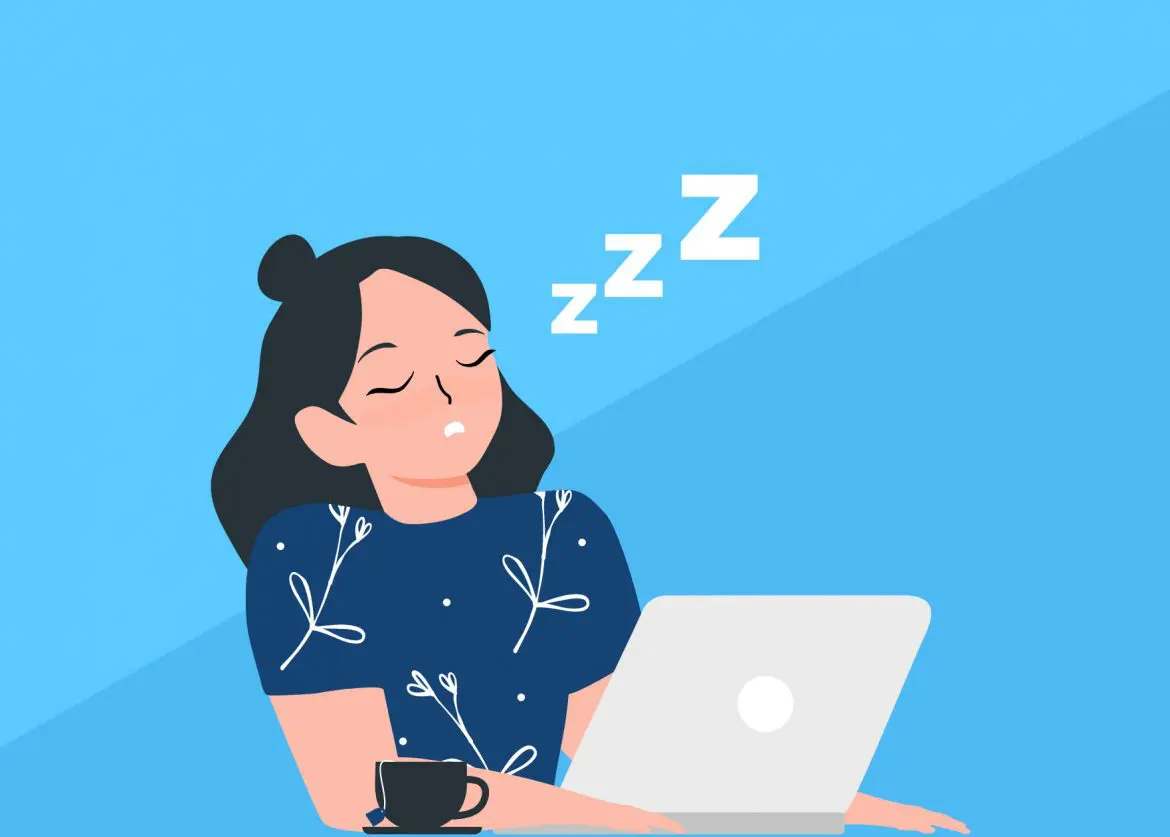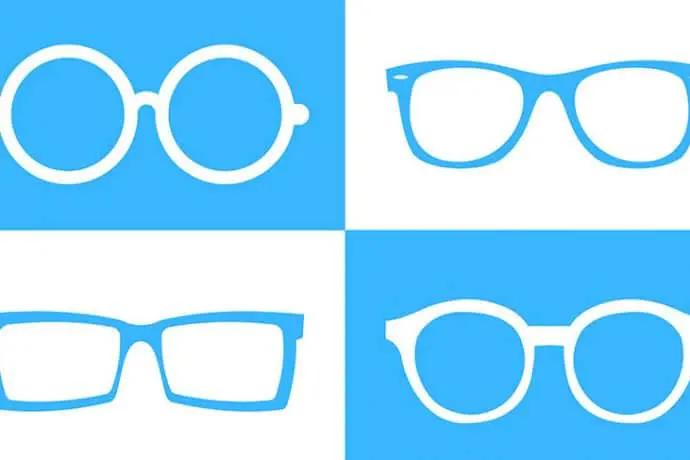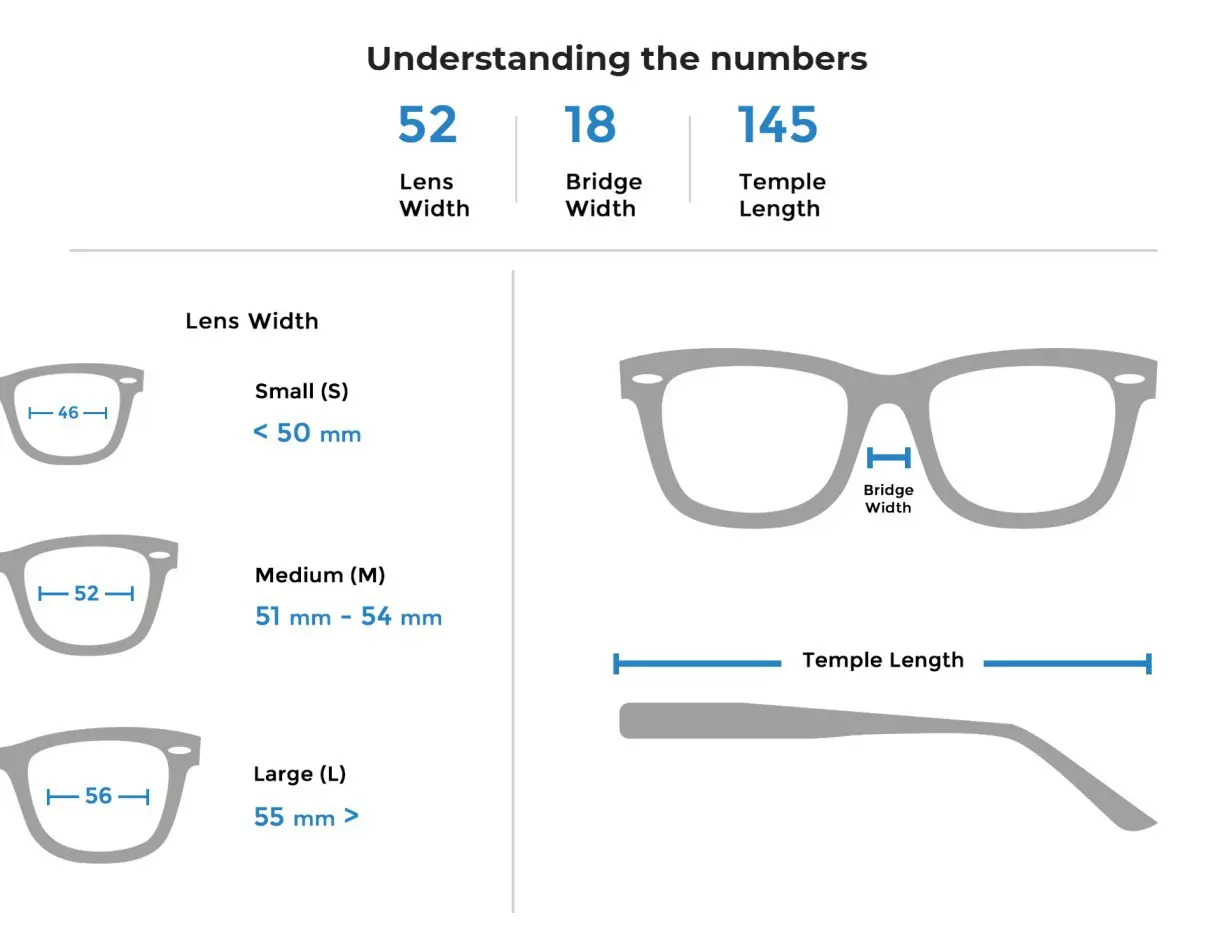How to Reduce Screen Time Before Bed
You could be eating healthy, getting enough exercise, and meditating each morning. However, there is one thing that is critical for our health, but is so often overlooked – sleep!
The Center for Disease Control and Prevention (CDC) recommends that adults get at least 7 hours of quality sleep per night. The reality is, though, that 40% of Americans get less than the recommended amount.
This is largely due to the fact that many adults spend the majority of their day working on their laptops, scrolling through social media, or watching TV. Our lives are dominated by digital screens, and the amount of content available today makes it easy to fall into the trap of scrolling before bedtime.
Numerous studies have shown that too much screen time before bed can wreak havoc on our sleep cycles and overall quality of sleep.
In this post, we’re outlining our top tips on how to reduce screen time before bed so that you can get a better night’s sleep, starting tonight!
Why should you reduce screen time before bed?
Before diving into our tips, let’s briefly go over why you should care about reducing screen time before bed.
According to research, experts have discovered that the blue light emitted from our digital devices interferes with our circadian rhythm (the cycle that tells us when to go to sleep and wake up). It does this by inhibiting the production of melatonin, the natural hormone that makes us feel tired.
When melatonin production is suppressed, it is difficult for our bodies to know when they should be resting. This, in turn, makes it difficult to both fall asleep, and stay asleep. Overexposure to blue light has also been shown to delay the onset of REM sleep which can impact alertness throughout the day.
Now that you know why you should care about reducing screen time before bed, let’s go over some things you can begin implementing tonight to start getting better sleep!
How to Reduce Screen Time Before Bed
Set a Bedtime
The first thing you should do to help you reduce screen time before bed is to set a bedtime. It does not matter what time you choose, but be sure it allows you to get at least 7 hours of sleep before you have to wake up.
The most important thing after choosing a bedtime is actually sticking to it! If you want to make an impact on the quality of your sleep, then a set bedtime is something non-negotiable.
Create a Nighttime Routine
After setting your bedtime, it is a good idea to come up with a nighttime routine that will help signal to your body that it is time to start winding down.
Your nighttime routine does not have to be complicated. It can simply be taking a hot shower before getting into bed.
Avoid Screens 1 Hour Before Bed
In addition to your nighttime routine, you will want to avoid looking at any screens at least one hour before bed. A good practice is to turn off your devices or put them on silent mode before you begin your nighttime routine.
By doing this, your body can begin to relax and your mind can focus on your nighttime routine instead of your phone.
What to Do Instead of Scroll
Grabbing our phones has become a natural reflex, so it might be challenging to avoid your phone when you first begin implementing your new nighttime routine. Here are a few things you can do before bed instead of using digital devices:
- Read a physical book or magazine
- Practice journaling
- Meditate for three minutes or longer
- Do some light stretches
Alternatives to Reducing Screen Time Before Bed
If you are struggling with reducing screen time before bed, or your schedule simply cannot be adjusted to accommodate less screen time, you might want to consider an alternative.
A good alternative to reducing screen time is blue light glasses. Blue light glasses are frames that contain special lenses designed to filter out the blue light emitted by digital screens. Blue light glasses have become increasingly popular over the past year and can be worn even if you do not wear prescription glasses.
Wearing blue light glasses while you are on your laptop, smartphone, or watching TV can drastically reduce the amount of blue light your eyes are exposed to.
The best part about blue light glasses is that they do not require you to make any lifestyle changes. If you enjoy scrolling, watching Netflix, or editing photos late into the night, you don’t have to worry about creating a new nighttime routine or sticking to a set bedtime – all you have to do is put on a pair of blue light glasses.
To learn more about blue light glasses, check out the answers to FAQs About Blue Light Glasses so that you can be confident in choosing the right pair.
Conclusion: How to Reduce Screen Time Before Bed
We hope you enjoyed our tips on how to reduce screen time before bed and that by implementing them, you can start sleeping soundly again!
Our team at bluwinx believes that you have the right to a good night’s sleep. That’s why we offer fashionable frames with bwgf Lens technology that provides unsurpassed protection against harmful blue-violet light.
If you are interested in learning more about blue light, visit our blog, and read more about blue light and sleep-related topics.
If you have any additional questions, don’t hesitate to reach out – email us at help@bluwinx.com!















